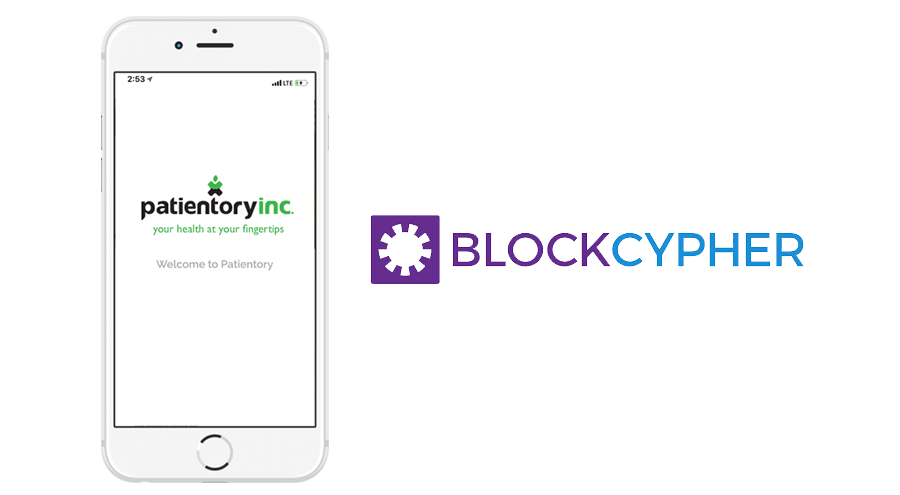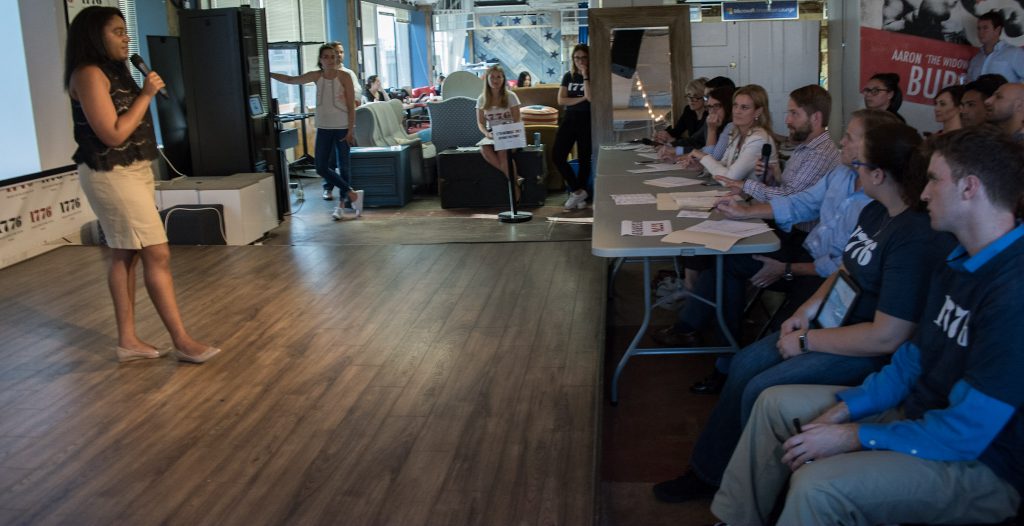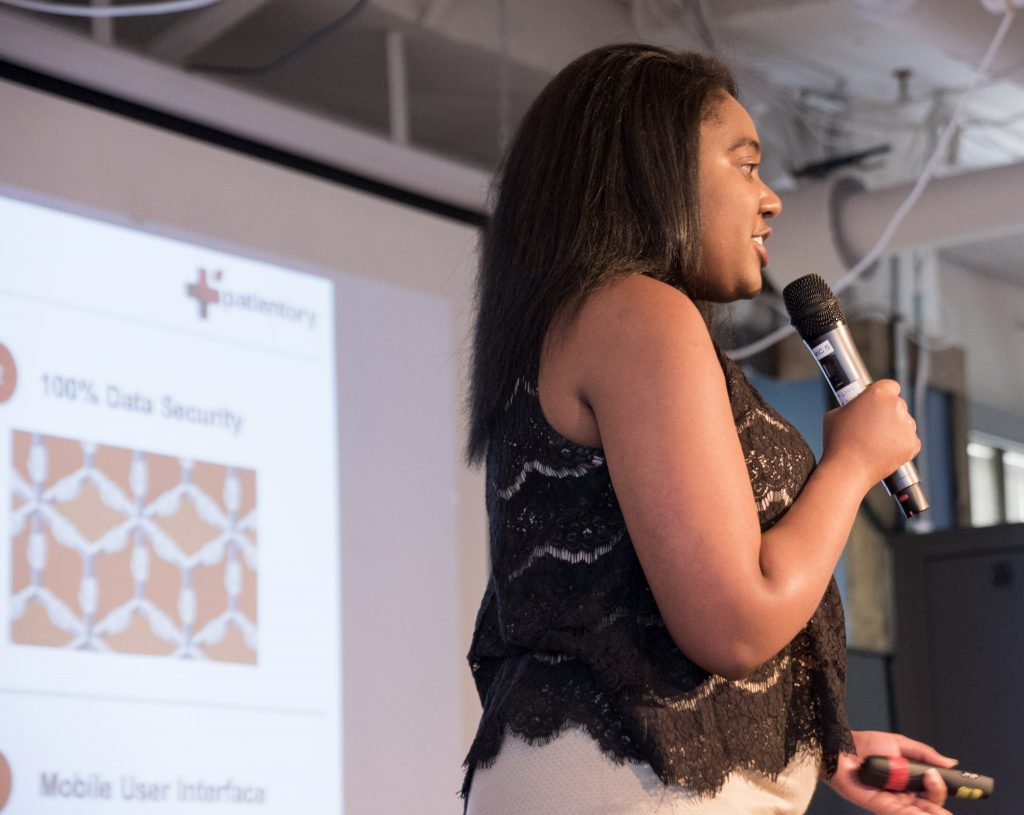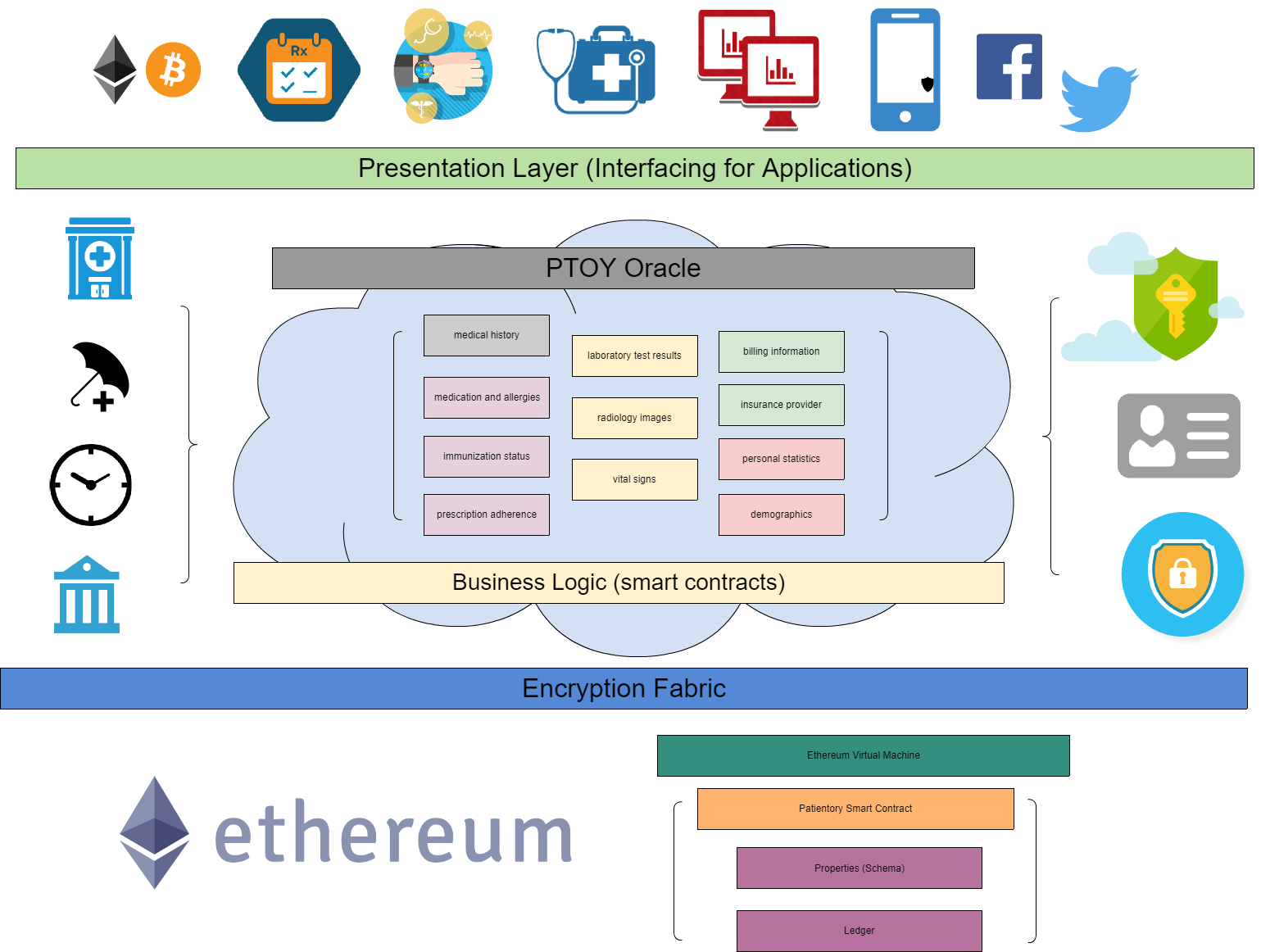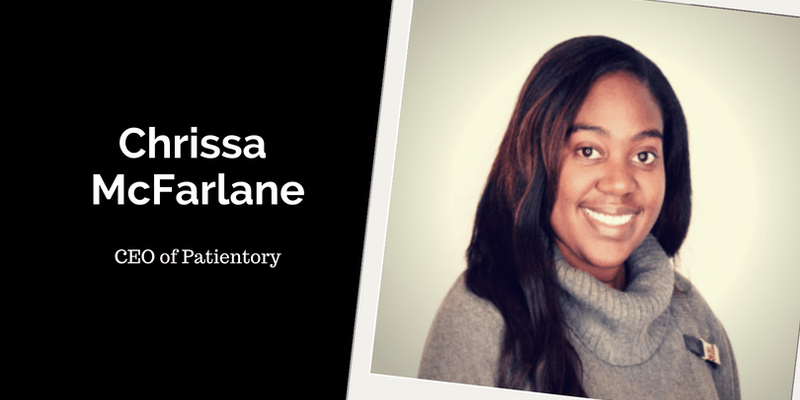The Patientory Foundation is delighted to announce that it has joined a new grant program established by cryptocurrency Dash and Blockchain Web Services provider BlockCypher. As a partner in the new program, The Patientory Foundation will receive a grant to fund the integration of the Dash public blockchain with Patientory’s own private blockchain using BlockCypher APIs.
“We are excited to work with Dash and BlockCypher. Using BlockCypher’s web services, we will be the first healthcare blockchain to show interoperability between blockchain networks. This is a major leap forward for how blockchains can be used to process healthcare claims payments,” Patientory Founder and CEO Chrissa McFarlane said.
Patientory’s enterprise solution and mobile app are scheduled for release by the end of 2017 and will give users the option of one or more blockchains for payment. In combination with Patientory’s permissioned blockchain, patients and payors can use BlockCypher web services to maintain Dash wallets and settle payments over the Dash network.
Interview Availability
-
For Dash Core CEO Ryan Taylor, please contact Jesse Platz of Wachsman PR.
- For BlockCypher Head of Growth Karen Hsu, please contact Karen directly.
- For Patientory Founder and CEO Chrissa McFarlane, please contact Director of Communications Michael E. Rubin at michael@patientory.com or 847-370-3421.
Follow the News
Please check back often as we will periodically update this list.
- EconoTimes – Dash, BlockCypher team up for blockchain-focused grant program
- BanklessTimes – Dash, BlockCypher launch grant program for blockchain-focused companies
- PaymentsSource – PaymentsSource Morning Briefing
- Blockchain News – Dash & BlockCypher Partner to Launch Grant Program For Companies Exploring Blockchain Technology
- CryptoNinjas – Dash and BlockCypher join forces for blockchain technology grant program
Join Patientory’s email newsletter for the company’s latest updates and news.
About the Grant Program
The grant program launched by Dash and BlockCypher was born from long-standing collaboration between the two, and is aimed at startups and established companies seeking blockchain-based solutions in enterprises and new markets. It will award blockchain projects that have a viable business model, go-to-market plan, and enable innovative use cases on Dash’s network, in conjunction with BlockCypher’s blockchain infrastructure.
“The Dash Core Group has a history of providing support for businesses seeking to integrate Dash, but now we can do so in an official, mutually beneficial way. BlockCypher is a wonderful partner for Dash and has been instrumental in attracting new businesses to leverage our network; this program simply extends our support in a structured way to the numerous leads BlockCypher generates for the network,” CEO of Dash Core, Ryan Taylor said.
“With BlockCypher web services and experience, the goal of this program is to seed projects in regions and use cases where blockchain technology has been underdeveloped. This program is teaming up blockchain focused companies to encourage other companies to adopt blockchain technology. It also uniquely has structured phases towards commercialization,” Karen Hsu, Head of Growth at BlockCypher said.
To participate in the Dash BlockCypher grant program, send an email to grants@blockcypher.com.
